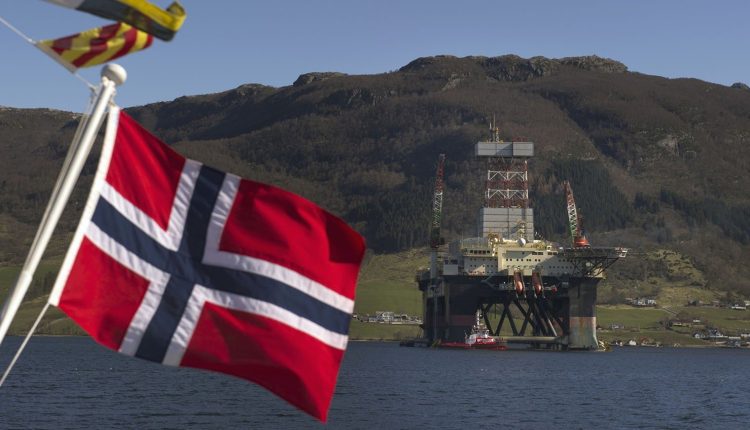Norway’s sovereign wealth fund divests from Bezeq for supporting Israeli settlements
Norway’s sovereign wealth fund – the Norges Bank, the largest in the world, has sold all its shares in Israel’s Bezeq, citing the company’s provision of telecommunications services to Israeli settlements in the occupied West Bank.
The move, announced late on Tuesday, follows a recent decision by the fund’s ethics watchdog, the Council on Ethics, to adopt a stricter interpretation of ethical standards regarding businesses that support Israel’s operations in Palestinian territories. The fund, worth $1.8 trillion, has become a global leader in environmental, social, and governance (ESG) investing, holding 1.5% of the world’s listed shares across 8,700 companies. Its size and influence make its decisions significant on the global stage.
Bezeq, Israel’s largest telecommunications provider, did not comment on the divestment. The watchdog cited the company’s role in facilitating the maintenance and expansion of Israeli settlements in the West Bank, which are considered illegal under international law. Despite Bezeq’s claims of providing telecom services to Palestinian areas in the West Bank, the ethics council emphasised that its operations in Israeli settlements violated international law.
The Council on Ethics had recommended the divestment in its first advisory since it revised its policy in August. The Norwegian central bank, which oversees the fund, has the final authority on divestment decisions. The fund had already reduced its stake in Bezeq earlier in 2024, cutting its holdings from 2.2 per cent to 0.76 per cent, worth $23.7 million by June.
Sources close to Bezeq argued that the divestment would have minimal impact, as it represented only 0.7 per cent of the company’s shares. They contended that Bezeq’s operations were consistent with the 1994 Oslo Accords, which allowed telecom services to settlements in Area C of the West Bank, and that the divestment was a politically motivated decision.
Norway has taken a firm stance on Palestinian statehood, recognising Palestine in May 2023, along with Spain and Ireland. The country also played a key role in facilitating the Oslo Accords between Israel and the Palestinian Liberation Organization in the early 1990s. Area C, which makes up about 60 per cent of the West Bank, remains under Israeli control and is home to most of the Israeli settlements.
The Council on Ethics justified its stance by pointing to the continued expansion of settlements and the worsening situation for Palestinians, including displacement and ongoing human rights violations in Area C. The council’s updated ethical guidelines are partly informed by a 2023 International Court of Justice ruling that criticized Israel’s settlement policy and actions in the occupied territories as violations of international law.
Since the escalation of the Gaza conflict in October 2023, the council has been investigating additional companies with operations in the West Bank that may violate the fund’s investment criteria. The fund has already divested from nine companies with ties to Israeli settlements and related activities.
Attribution: The Fund’s statement & Reuters


